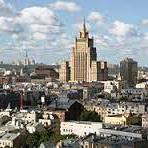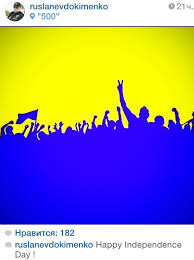(ELN) As of late autumn 2016, Russian foreign policy continues to be focused on enhancing Russia's status as a great power. Moscow is looking for opportunities to convert its growing military capabilities and still considerable economic resources into concessions to Russia by its international counterparts on the range of issues that Moscow considers of key importance for its security and economic prosperity. Russia continues to seek ways to boost its authority—that is, recognition of its right to exercise power when and where it deems necessary—and a positive assessment by Western counterparts of Moscow's contribution to addressing international security challenges.
The Kremlin is convinced that the source of authority in today's world is predominantly located in Washington. From such a perspective, only the United States can satisfy or deny Russia's security, economic, institutional, and other aspirations. Interestingly however, China is not perceived by Russia as a source of validation for Russia's claims, although Moscow is clearly expecting China to evolve into a major balance to US power across the globe.
So far, Russia has not been satisfied with the extent of authority and legitimacy bestowed on Russia by the United States and its allies. As a result, Russia has embarked on risky maneuvering across the board in order to demonstrate its resolve to bring Russia's status into accordance with its material resources. Over the last three years, this has resulted in a worsening confrontation between Russia and the West over Ukraine and Syria. […]
Read More © European Leadership Network











